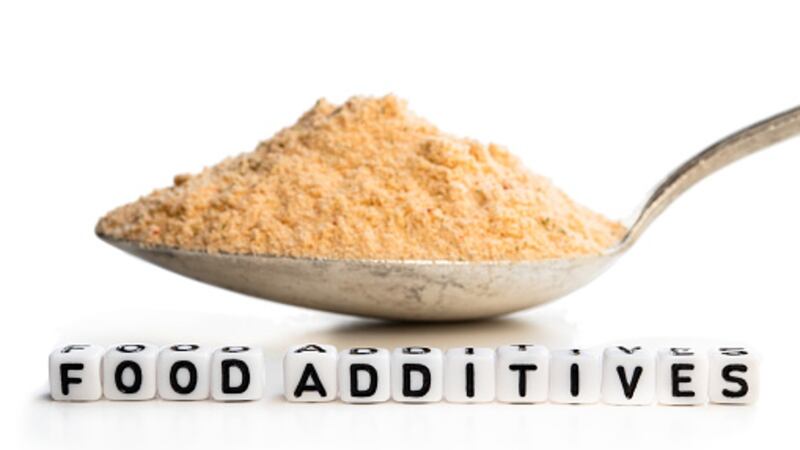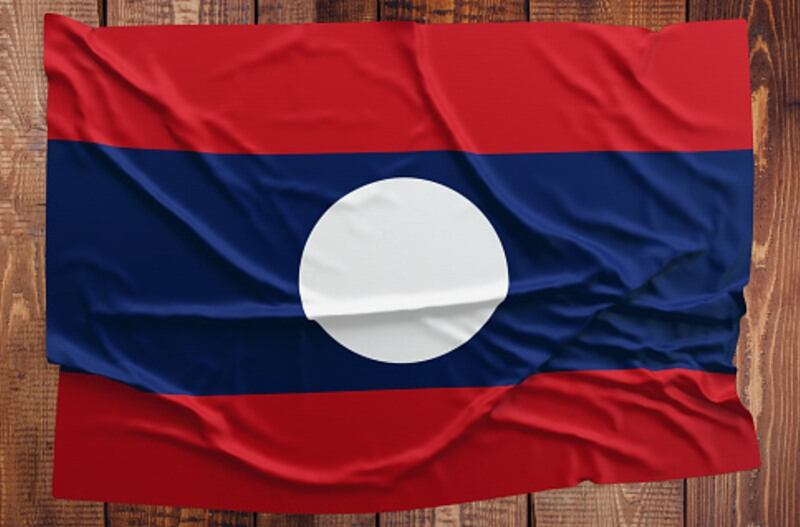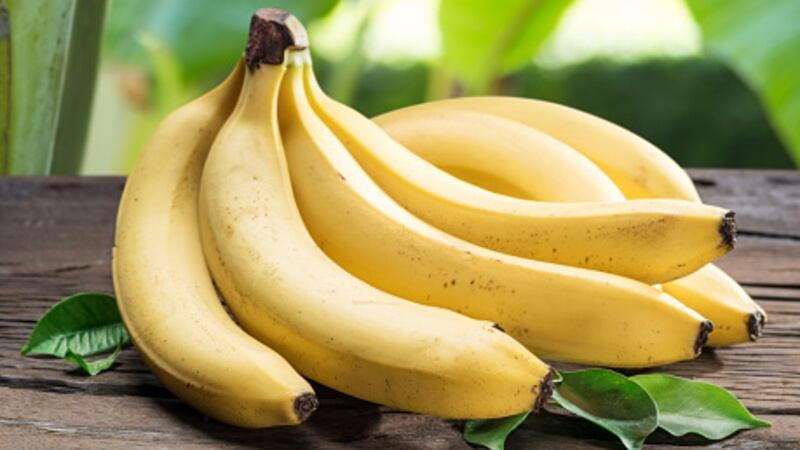From the angle of food and beverage trade, meat and fresh produce are expected to be the biggest beneficiaries if the UK successfully joins the CPTPP.
“Beef and lamb from the region would definitely see a boost in exports due to the increased market access to the UK – they’re really keen on this, as they used to have preferential access until the EU came along and clamped this and their tariff advantages, so they want the preferential access back now EU is out of the picture,” trade consultancy firm ITS Global Director Jon Berry told FoodNavigator-Asia.
“Horticultural products would also see a boost, particularly premium, high value fruits like berries, cherries and avocadoes from Australia and New Zealand.
“There’s also a seasonality angle here, where vegetables like potatoes would see greater export numbers from APAC countries into the UK when it is not in season there.
“Other potential export beneficiaries would be Japanese wagyu lamb, although this would be more focused on high price, low volume trade; as well as Vietnamese fish (pangasius and potentially other seafood).”
Chicken has been one of the most controversial products within this area, particularly chlorinated chicken or chicken subjected to a chlorine wash during processing, as this has been badly demonised by media in the UK.
“The chorine wash is used to kill salmonella, and it has been proven that without it, salmonella cases are higher, but the UK press has been really excited about portraying this as an evil practice that needs to be stopped at UK borders to maintain the integrity of the country’s food standards,” ITS Global Director and public policy advisor Khalil Hegarty told us.
“It’s interesting though because it’s not like the chicken smells of chorine or anything like that, and it’s a really diluted solution used. At the end of the day, consumers might appreciate having the choice if the UK moves to allow these imports.
“All retailers like Tesco or Sainsbury would have to do is add a label to distinguish between the chorine-washed and non-chlorine-washed options to let them choose, as it might just be a more economical option for them.”
Chlorine washing chicken is a common practice in many APAC countries, including Malaysia, Singapore, Vietnam and Australia, which have all signed up to the CPTPP along with Brunei, Canada, Chile, Japan, Mexico, New Zealand, and Peru.
Currently the UK has banned all chlorine-washed chicken imports, but if it moves to loosen these regulations to allow exports from other CPTPP member countries in order to gain access, this would again open up a significant new export market for the region.
Another area where APAC countries could expect to benefit from would be in Geographical Indication (GI) concerns.
“Before Brexit, the UK would have to follow the EU in recognising an extremely long list of GIs, for terms from names like Prosecco to even more general terms like Chateau – but now the UK has the option to make some independent choices,” said Berry.
“There is actually a clause inside the CPTPP that makes GI protection illegal, so if the UK wants access, it will need to find a away to handle this conflict.
“Although it would still need to keep some GIs in place out of concerns for trade with the EU, it can consider compromising with a shorter list of these, so member countries would get better GI treatment in the UK than before. This would make members like Australia, New Zealand and Canada particularly happy, considering all the restrictions imposed on them before.”
Many hurdles yet to cross
That said, Berry added that the UK still has many issues to settle if it truly wishes to join the CPTPP, the majority of which are food-related.
“The UK’s accession would be a big benefit to the CPTPP as it is the fifth biggest economy in the world, so having preferential access to the market would mean significant potential growth for the other member countries – but many difficulties still lie up ahead,” he said.
“I’d say most of the most controversial items are food-related – most prominently, we’ve got palm oil from Malaysia, and palm oil is a big source of controversy in the UK as we all know, so making palm oil part of the discussion is likely going to annoy a lot of people and potentially even lead to protests.
“Other issues include environmental concerns and animal welfare, as the UK has strict rules about these, but accession might mean it has to import from countries with less strict rules. It could either cave and face the fury of locals, or try to convince the other countries to give it an exemption, but would need all the 11 countries to agree to this.
“So overall, it’s really a politically difficult process, and protests can really be expected to arise over a lot of the food-related clauses.”
CPTPP vs RCEP
Berry also said that the CPTPP is one of the most important multi-party agreements around currently, even over other regional ones such as the Regional Comprehensive Economic Partnership (RCEP) which covers the whole of ASEAN, New Zealand, Australia, China, Japan and South Korea.
“CPTPP holds an advantage in terms of its trade liberalisation and disciplines – its covering of tariffs is better, and tackles more challenging regulatory barrier lowering like sanitary and phytosanitary (SPS) related items which are not so easy to resolve,” he said.
“The RCEP does not go as far and is not as ambitious, particularly because it cannot make changes for state-owned or government-owned enterprises due to China’s presence.
“It’s the reason why many countries are hoping that the United States, particularly whoever the next president is, might be tempted to rejoining the CPTPP in time to come.”
The US was initially part of the CPTPP when the agreement was signed in 2016, but President Donald Trump withdrew participation after he came into power.





